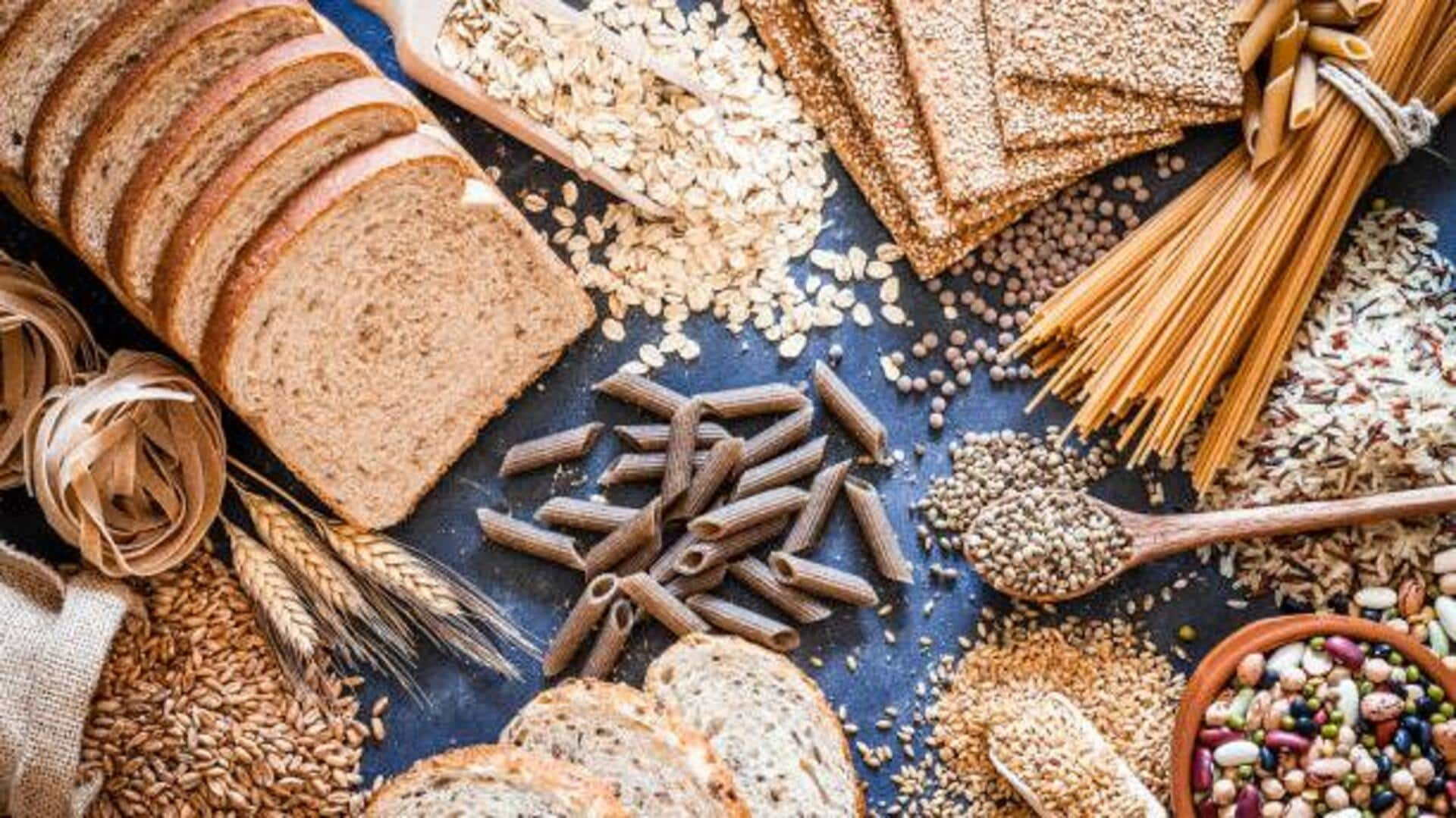**Gluten-Free Diets: Myth vs. Facts**
*By Simran Jeet | Sep 22, 2025, 01:19 PM*
Gluten-free diets have become increasingly popular, with many people assuming they are a healthier choice for everyone. However, the truth is that gluten-free diets are not necessarily better for all individuals. Gluten, a protein found in wheat, barley, and rye, is safe for the majority of people. Understanding the facts versus myths about gluten can help you make informed dietary choices without falling prey to common misconceptions.
### 1. Gluten Sensitivity vs. Celiac Disease
Many people confuse gluten sensitivity with celiac disease. Celiac disease is an autoimmune disorder where gluten causes damage to the small intestine. In contrast, gluten sensitivity does not result in visible intestinal damage. While some individuals with gluten sensitivity may feel better avoiding gluten, this does not mean everyone needs to adopt a gluten-free diet. Only those with diagnosed conditions such as celiac disease should strictly avoid gluten.
### 2. Nutritional Value of Whole Grains
Whole grains that contain gluten also provide essential nutrients like fiber, iron, and B vitamins. These nutrients play a crucial role in maintaining overall health and supporting bodily functions. Switching to a gluten-free diet without proper planning can lead to nutrient deficiencies, as many gluten-free products lack these vital nutrients. It’s important to ensure your dietary choices continue to meet your nutritional needs.
### 3. Cost Implications of Gluten-Free Products
Gluten-free products often come with a higher price tag compared to their regular counterparts due to specialized processing and ingredients. This added expense can accumulate over time if you switch completely to gluten-free foods without exploring cost-effective alternatives. Incorporating naturally gluten-free foods such as fruits, vegetables, and legumes into your meals can be a budget-friendly solution.
### 4. Potential Increase in Processed Foods
Adopting a strictly gluten-free diet may lead some people to consume more processed foods labeled as “gluten-free” but high in sugars and unhealthy fats. These substitutes are not always a healthier option compared to moderate consumption of whole grains, which offer balanced nutrition when included as part of a varied diet.
—
In conclusion, gluten-free diets are essential for those with celiac disease or gluten sensitivity but are not inherently healthier for everyone else. Understanding the myths and facts about gluten can help you make balanced and informed dietary decisions.
https://www.newsbytesapp.com/news/lifestyle/gluten-free-diets-myth-v-s-facts/story



